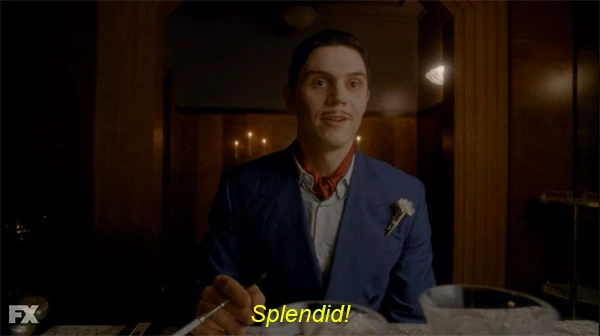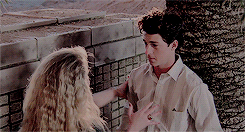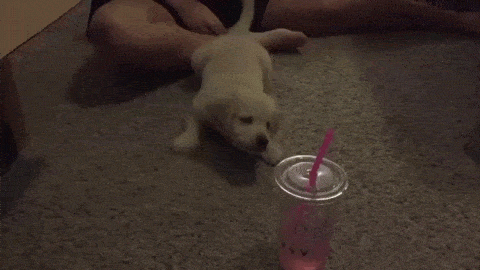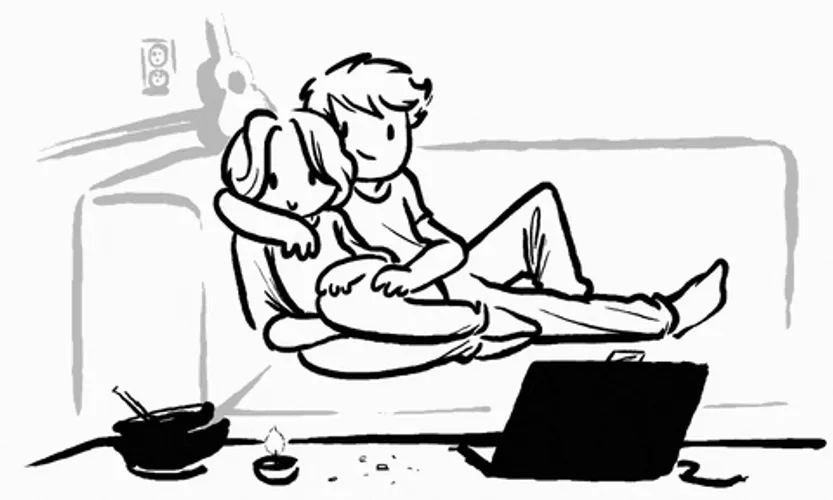They call me Danielle Borie, sometimes Dani.
I am a senior at BASIS Scottsdale, a charter school in Arizona. At BASIS, during the third trimester of school, rather than attend classes, the senior class is given time off to get an internship or a job. I have an internship at the Mayo Clinic with Dr. Geda where I will spend time making a systematic review of Acceptance and Commitment Therapy (ACT).
ACT is a behavioral therapy which promotes acceptance and mindfulness so as to lessen the harsh effects of various disorders. It has been shown to be particularly successful in improving the quality of life of individuals with depression, anxiety, and chronic pain. This project greatly interests me due to the nature of ACT, which focuses on not letting the negatives in your life define who you are. It is important to embrace yourself as you are and not allow an "imperfect" life to keep you down indefinitely. If you want to read a more in-depth summary of my project, here is my Project Proposal.
During the next ten weeks, I will be blogging about my experience at the Mayo Clinic and what I learn. Then, in May, I will do a presentation. If you would like to see the blogs of others who are doing a Senior Research Project or who are in AP Research, check out this link!
As for who I am...well I like books, music, movies, and more. I primarily read Young Adult Fiction: Paranormal, Romance, Fantasy, Contemporary, and Historical. Some of my favorite books are Tiger Lily by Jodi Lynn Anderson, the Harry Potter series by J.K. Rowling, and We Were Liars by E. Lockhart. I have diverse music interests, including indie (Lana de Rey, MØ, and Zella Day), EDM (Martin Garrix, Skrillex, and Diplo), alternative (Findlay, Franz Ferdinand, and Cage the Elephant), metal (Rob Zombie, Megadeath, and Marilyn Manson), rock (Nirvana, the Doors, and Led Zeppelin), and foreign pop (Fedez, Elliphant, and Nicky Jam). Also, I enjoy listening to bands such as Die Antwoord, K.Flay, and Cherry Glazerr, however I am unsure as to which categories they fit in. Two of my favorite TV shows are Teen Wolf and True Blood, and two of my favorite movies are Donnie Darko and The Longest Day. Earlier, I mentioned that I like "more," this "more" refers primarily to my tendency to dye my hair blue and sometimes wear different-colored contacts. Also, I hold two sports dear to my heart: track and rugby. Additionally, this introduction would seem incomplete if I did not mention at least once that I am French and love all things related to France.
One of my all time favorite quotes, said by Oscar Wilde, is "To live is the rarest thing in the world. Most people exist, that is all." I also love Megadeth's "A Tout le monde. A tous mes amis. Je vous aime. Je dois partir." I plan to put the latter, lyrics from the song "A Tout le Monde," on my tombstone (To everybody. To all my friends. I love you. I have to leave.)
Have a fantabulous day!



























